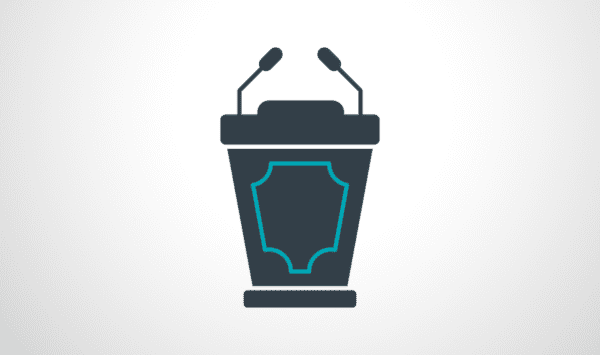
Many officials use their platforms to attract media attention and will gladly leverage this attention to advance their agenda, preferred definitions, and self-proclaimed achievements related to addressing social injustice. Monitoring officials and asking them questions is important – but often insufficient to hold power to account since some officials welcome the limelight as a chance to amplify misinformation. Solidarity reporting helps counteract this problem.
3 Ways that Solidarity Reporting Enriches Accountability Reporting
1. Defining the issue
Solidarity reporting helps journalists scrutinize how officials are defining and framing issues. Simply asking officials tough questions about how they define an issue is unlikely to prompt them to admit the flaws in their claims. Talking to people directly affected by the issue, however, can bring problematic definitions to light. For example, official definitions of poverty, housing instability, food insecurity, and access to supportive services can limit the scope of which people are counted as affected by these issues – even if their direct, concrete experience indicates that they are indeed acutely affected. “Defining out of existence” is a swift maneuver for officials to reduce the scale of an issue. Solidarity reporting provides a way for journalists to identify when this is happening, by comparing official definitions to people’s actual lived conditions.
2. Showing the impact of official action (or lack thereof)
Officials are often eager to declare victory, achievement of goals, and progress toward addressing social injustice. This does not always mean that they have been victorious, achieved their goals, or made progress, though. For example, officials claiming that everyone has access to shelter if they lose their homes, or that most families can afford gas and groceries amidst unprecedented inflation may be relying on optimistic calculations, unrepresentative polling, or “a sense” – none of which account for people’s ongoing struggles. Officials’ self-proclaimed achievements and self-selected supporting data do not always seem suspicious, though, which makes it even more important for reporters to speak to people who are affected (and who officials claim are no longer affected) by injustice. Through solidarity reporting, journalists assess official claims of impact by including the firsthand experiences of the people impacted.
3. Proactively raising issues that officials do not acknowledge
The benefit of monitoring officials in venues like press conferences and public meetings is that officials know that they are being watched and are therefore unable to act under the radar. The downside is that officials get to set the agenda for their convenings. Solidarity reporting helps ensure that reporters don’t just adopt the priorities conveyed in a press conference (which, predictably, are the priorities of the official or agency holding the press conference). Reporters enact solidarity when they raise questions about problems affecting marginalized people that are not on the official agenda. Even if officials stick to their scripted talking points, reporters can call for accountability by asking these questions and pursuing coverage that refuses to abide by the boundaries that officials may try to set for public discourse.
Solidarity reporting provides a guard rail against journalism becoming a vehicle for officials to spout misinformation. By talking to people affected by ongoing issues, journalists are better positioned and more prepared to contextualize, substantiate, and challenge official claims. This helps ensure that reporting moves away from official amplification and toward genuine accountability.
For examples of solidarity reporting that holds officials accountable, check out: https://mediaengagement.org/examples-of-solidarity-reporting/


